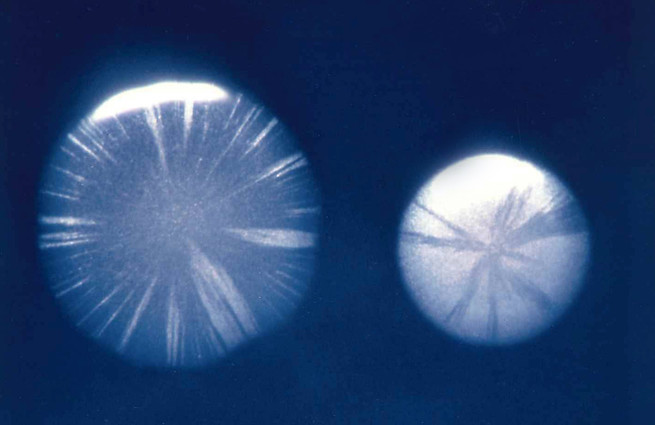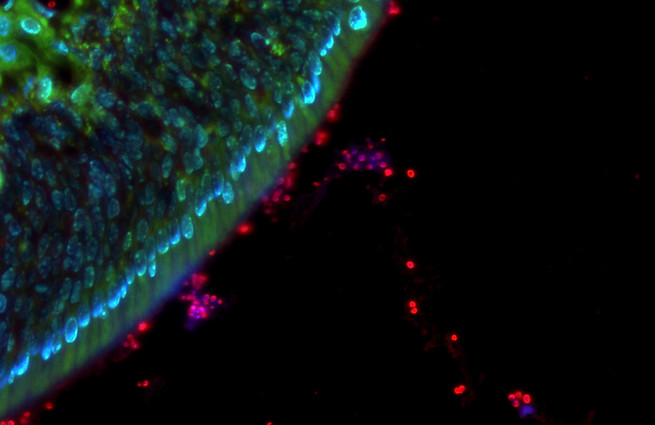
WEISER LAB


ABOUT OUR RESEARCH
The Weiser lab investigates the molecular basis of host-pathogen interaction for agents that reside in and infect the human respiratory tract. Most studies focus on the pathogenesis of Streptococcus pneumoniae because of its prominence as a cause of acute respiratory tract infection. Other pathogens under investigation in the laboratory have included Haemophilus influenzae, Klebsiella pneumoniae, Staphylococcus aureus, and Influenza A. Many projects focus on colonization of the mucosal surface of the upper airway, the initial step in the disease process. Both host and bacterial factors affecting colonization are under investigation. In general these studies utilize bacterial genetics to examine effects of specific microbial genes together with mouse models of colonization that allow for the use of genetically-modified hosts.
ONGOING PROJECTS
How colonizing microbes stimulate and evade innate and adaptive immune clearance mechanisms.
Mechanisms that facilitate interspecies competition within a host.
Mechanisms of competition between co-colonizing pneumococci.
Effects of influenza co-infection on bacterial colonization.
Pneumococcal interactions with neutrophils/macrophages and mechanisms to evade clearance by professional phagocytes.
The role of phosphorycholine, a surface constituent of many respiratory tract inhabitants, in pathogenesis.
Host and bacterial factors affecting shedding and host to host transmission.
Systemic effects on innate immunity of the colonizing flora (microbiota).
